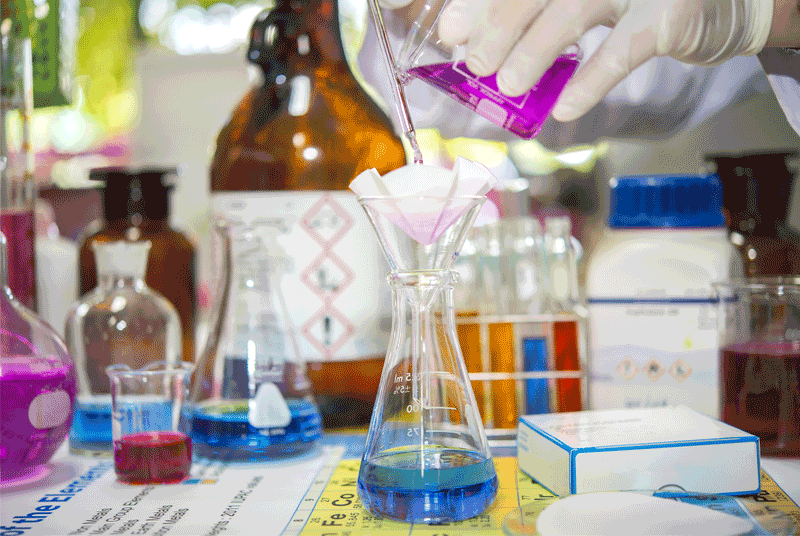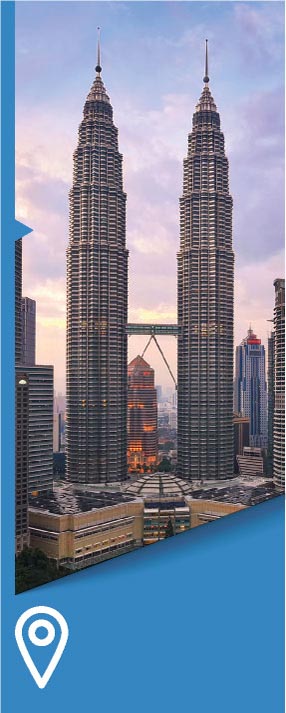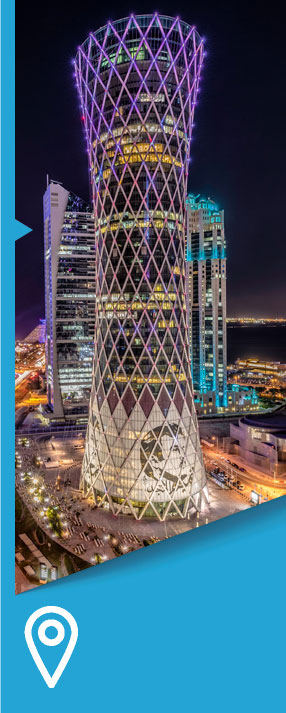Hotel Meeting Room
Hotel Meeting Room

Chemical, Mechanical Engineering Training Courses


Chemical, Mechanical Engineering Training Courses
Hotel Meeting Room
Hotel Meeting Room Toronto
Toronto
Classroom
Overview ?
This course is aimed at non-chemical engineers who need an overview of the function, principles, requirements, and operation of typical chemical process equipment and who need to communicate effectively with chemical / process engineers by gaining a basic understanding of the operational factors and design equations that are used by chemical engineers and how chemical engineering relates to their disciplines.
Day 1
Asset Cost Management Introduction
Definitions of reliability, maintenance & asset management
The total cost of maintenance
Best practice reliability and maintenance processes
Elements of asset management best practice
Auditing performance
Overview of TPM, RCM, BCM, QCM, and other asset management buzzword
Open discussion sessions
Day 2
Laying the Groundwork
Definitions of reliability, maintenance & asset management
The total cost of maintenance
Best practice reliability and maintenance processes
Elements of asset management best practice
Auditing performance
Overview of TPM, RCM, BCM, QCM, and other asset management buzzword
Open discussion sessions
Day 3
Applying the Value based Process
Definitions of reliability, maintenance & asset management
The total cost of maintenance
Best practice reliability and maintenance processes
Elements of asset management best practice
Auditing performance
Overview of TPM, RCM, BCM, QCM, and other asset management buzzword
Open discussion sessions
Day 4
Ensuring the Continuity of the Value-based Process
Definitions of reliability, maintenance & asset management
The total cost of maintenance
Best practice reliability and maintenance processes
Elements of asset management best practice
Auditing performance
Overview of TPM, RCM, BCM, QCM, and other asset management buzzword
Open discussion sessions
Day 5
Supporting Process that Lower Life-cycle costs
Definitions of reliability, maintenance & asset management
The total cost of maintenance
Best practice reliability and maintenance processes
Elements of asset management best practice
Auditing performance
Overview of TPM, RCM, BCM, QCM, and other asset management buzzword
Open discussion sessions
Training Methodology
Pathways Training and consulting adopts the newest techniques of human resources Training and consulting and, with the following:
Course name
Duration
City
Price

View course

View course

View course

View course

View course

View course